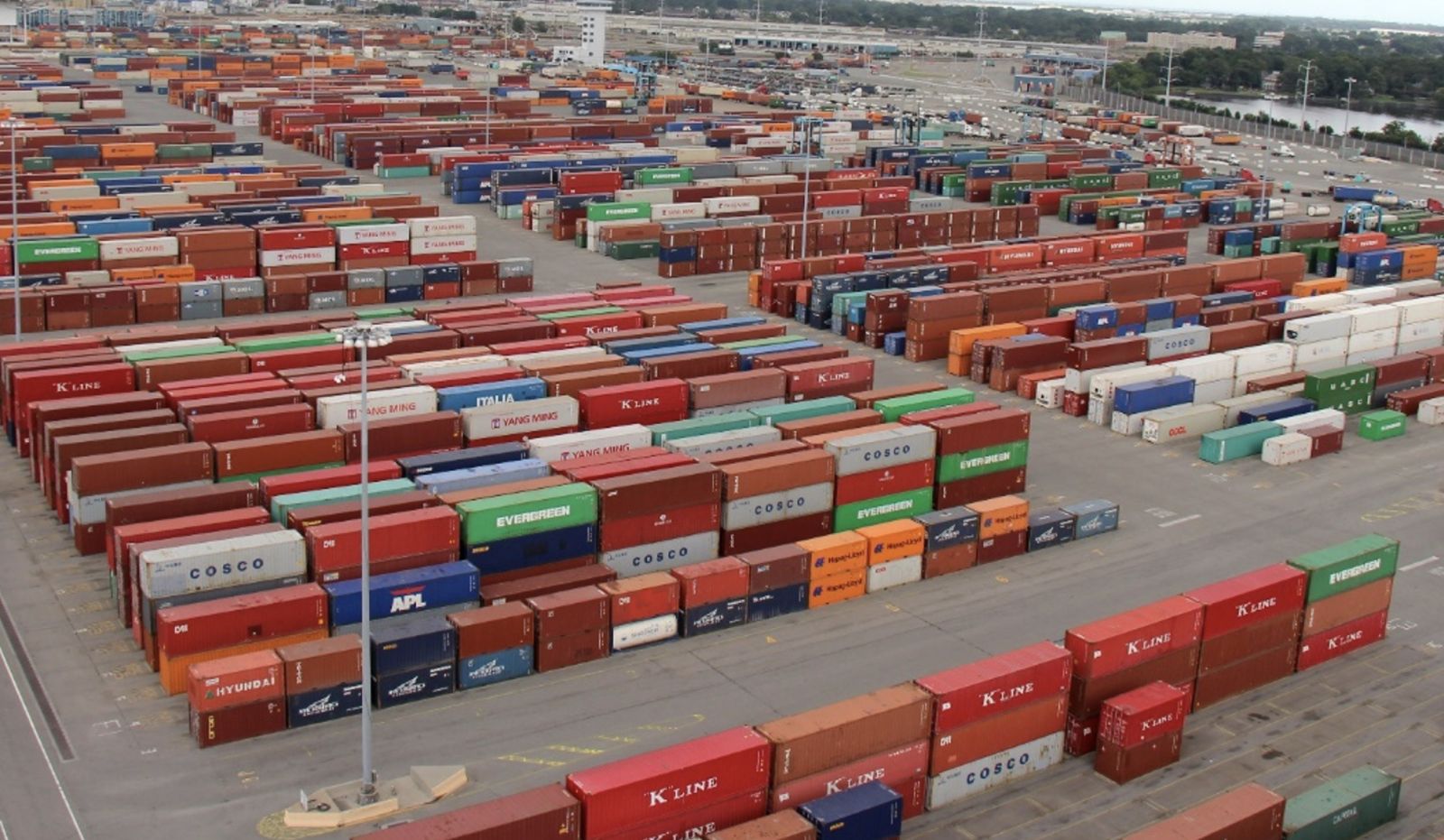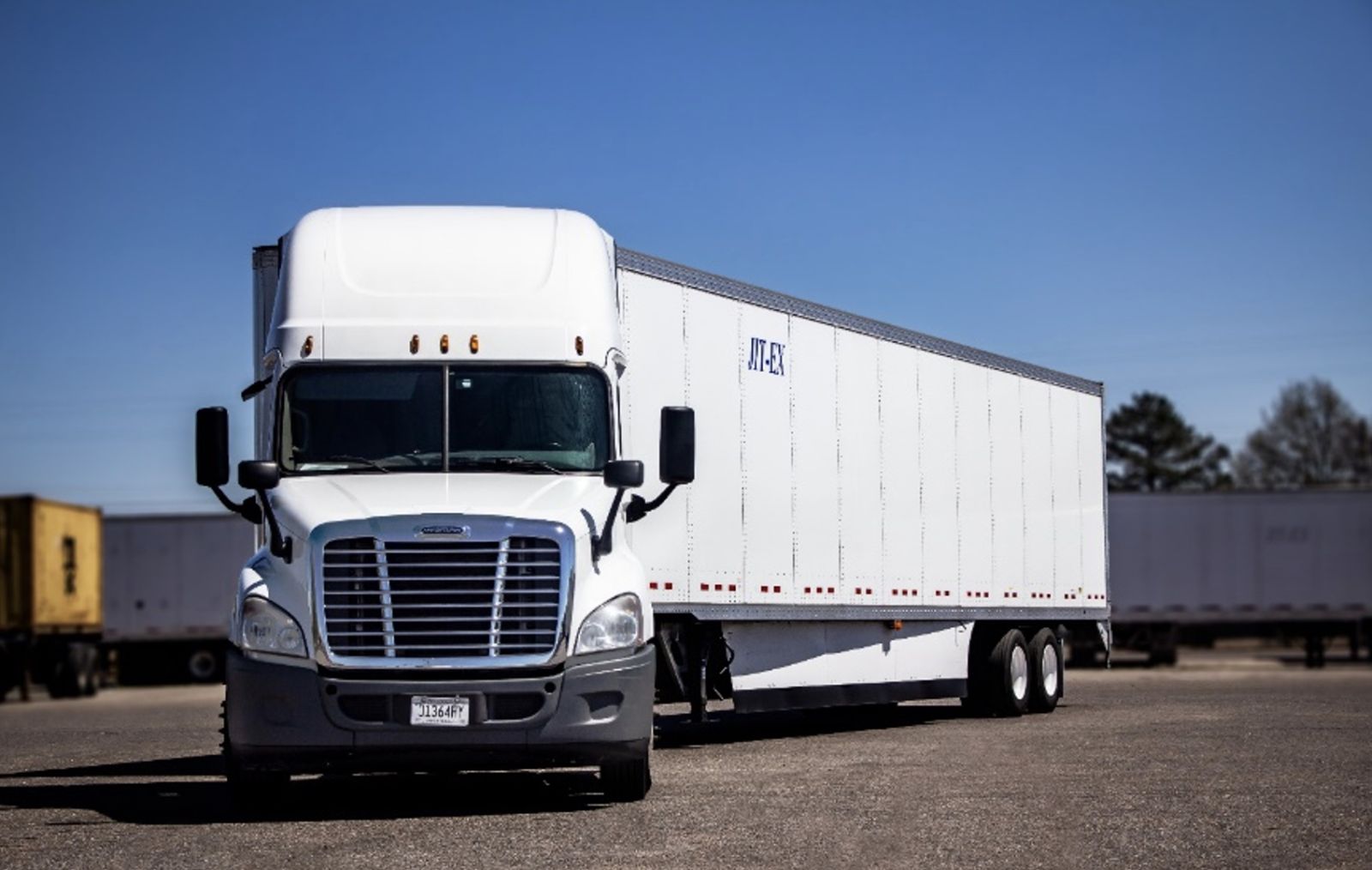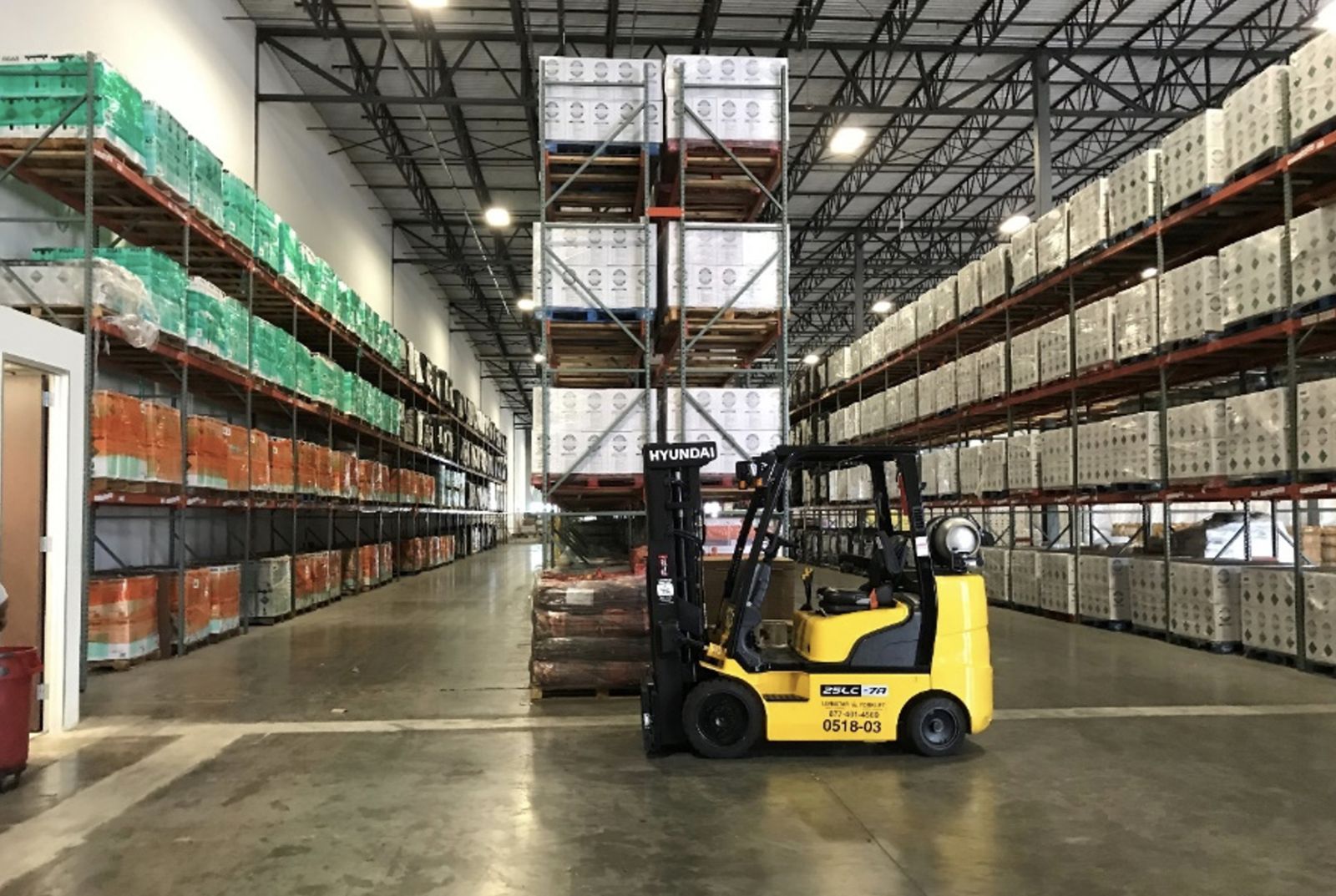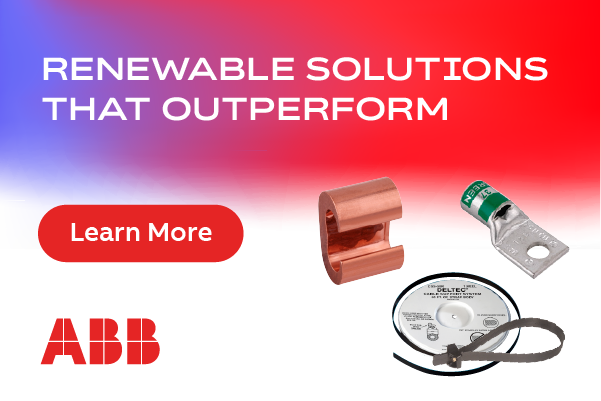Getting There from Here: Transportation decisions for renewable energy projects
According to the U.S. Department of Energy, in 2021, there were over 1,350 energy storage projects operating across the globe – 40 percent of which are here in the United States. We can expect to see that number grow, thanks to recent incentives passed by the government to encourage more renewable energy solutions across the country. States such as California, Texas, Hawaii, and New York, make up for a majority of the most recent active energy projects, but there has been significant push for new developments in various regions of the country as the U.S. gets closer to adopting renewable energy.

As companies move forward with planning for future projects, a crucial component to those projects will be transporting the product to the development site in an efficient, reliable, and transparent manner. Just like other commodities the U.S. purchases, a majority of products for energy projects are imported from overseas. As we have seen over the last several years, the global supply chain has suffered from severe challenges and delays that significantly impact the price and timing of cargo coming into the U.S. Demand for trucking and warehouse services have been at an all-time high, with limited availability. Despite domestic truck capacity freeing up in many lanes — moving cargo out of the ocean terminals and inland — rail terminals still struggle. The sheer amount of goods sitting idle at ocean ports and rail terminals forced a halt to developments across the nation.
For companies still in the development stages of their clean energy projects, selecting the right logistics provider (to get the right components to the right place) can save time, money, and a great deal of irritation.

Procuring Qualified Transportation Providers
A critical concern for choosing a potential transportation partner is to be sure they understand your requirements, and have the necessary coverage and expertise to meet those requirements. A transportation provider should also have the flexibility to provide solutions when situations arise at installation sites. Is the company certified to handle high value, overweight, oversized, and potentially hazardous cargo? Does the company provide full service domestic transportation like vans, flats, and specialized equipment? Can the transportation entity assist with import containers by providing intact container drayage to the site, or by providing a drayage/container transload into over the road equipment to longer distant locations? There are a lot of variables that go into developments, and it’s important to make sure all bases are covered.
 Where do you hold the cargo when there are delays?
Where do you hold the cargo when there are delays?
Warehousing, particularly with imported products, can be an important part in the supply chain for renewable cargo. Weather, job site preparations/delays, and a surplus of inbound product can create long-term delays that may require various material (batteries, inverters, cables, mounts, or other parts) to be stored for the duration of the issue at hand. Regardless of the type of installation, there are many different components and items needed for energy projects that potentially must be stored. Look for a provider with available warehouse space in multiple locations to assist with inbound needs, as well as facilities that have the equipment that can handle specialized, overweight, and oversized cargo.
Multi-Modal Solutions and Adaptability
In addition to ensuring your logistics provider has the means to transport your cargo, confirm that they have the experience in the domestic movement of product as it relates to your industry. You should also look to a logistics provider with the flexibility to offer multiple solutions, as well as the ability to provide multiple modes of transportation, and effective and on-time communications. A background and understanding of the needs, expectations, and considerations required for the movement of renewable cargo can be the difference between your product showing up on time and in good condition, or arriving late and improperly loaded. An experienced provider can adapt to market changes, and has the necessary knowledge to inform you about market conditions. Look for a company that provides reliability, consistency, and transparency in all that they perform, and you will find a company that helps bring peace of mind within your supply chain.
These are just a few tips as you move through the process of reviewing and developing relationships with logistics providers. Your products are of the highest quality; they require outstanding quality transportation and a team with the knowledge and expertise to get your materials where they need to go, and in a timely manner. Doing your research on the front end will prevent unnecessary headaches and issues down the road.
 Sean Magness is an Account Executive with Cornerstone Systems based in Portsmouth, Va. He has 11 years of experience in the transportation industry, and has worked closely with renewable energy companies and manufacturers of all kinds on the domestic transportation of renewable cargo. He can be reached at [email protected].
Sean Magness is an Account Executive with Cornerstone Systems based in Portsmouth, Va. He has 11 years of experience in the transportation industry, and has worked closely with renewable energy companies and manufacturers of all kinds on the domestic transportation of renewable cargo. He can be reached at [email protected].
Cornerstone Systems | cornerstone-systems.com
Author: Sean Magness
Volume: 2023 January/February








